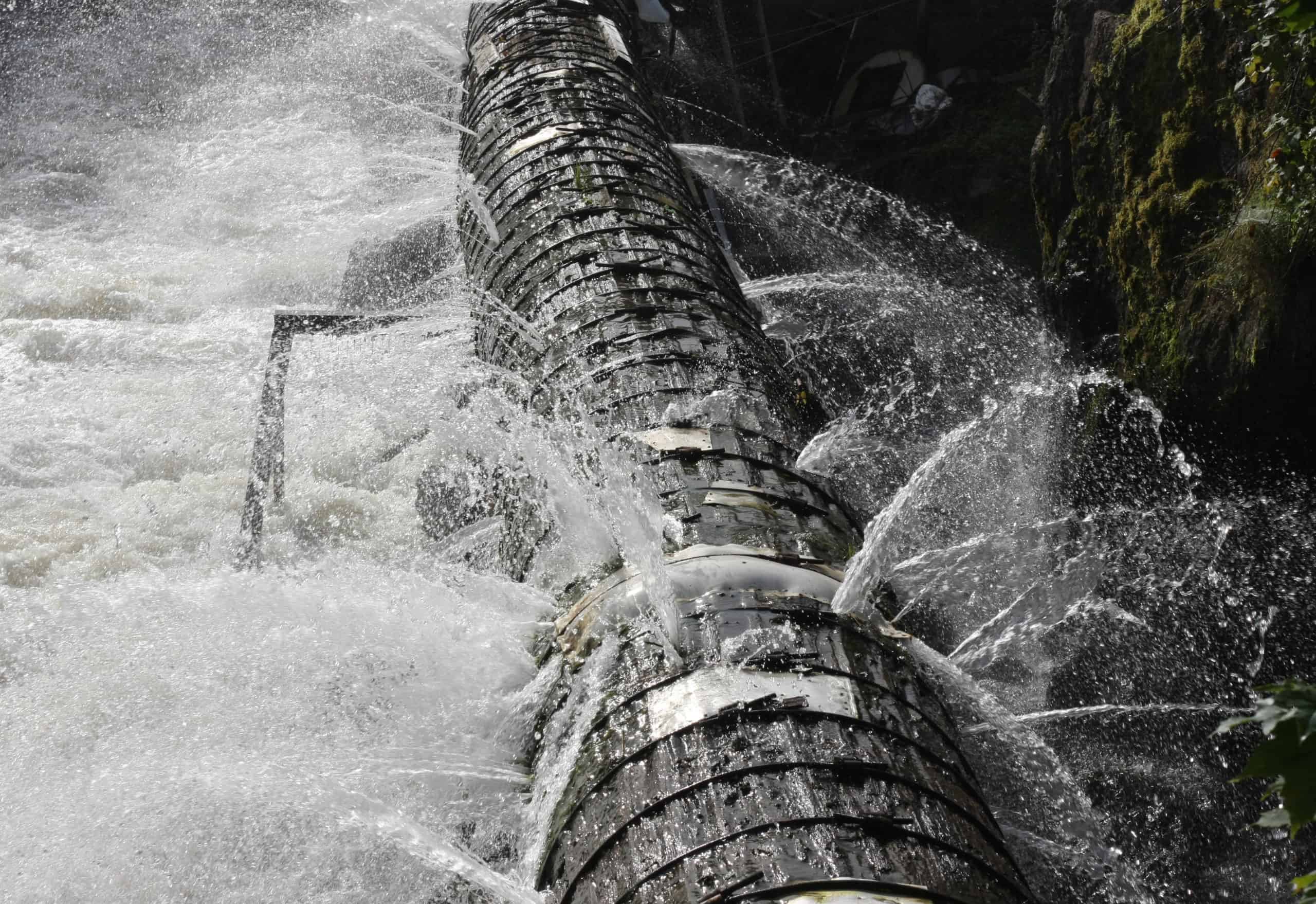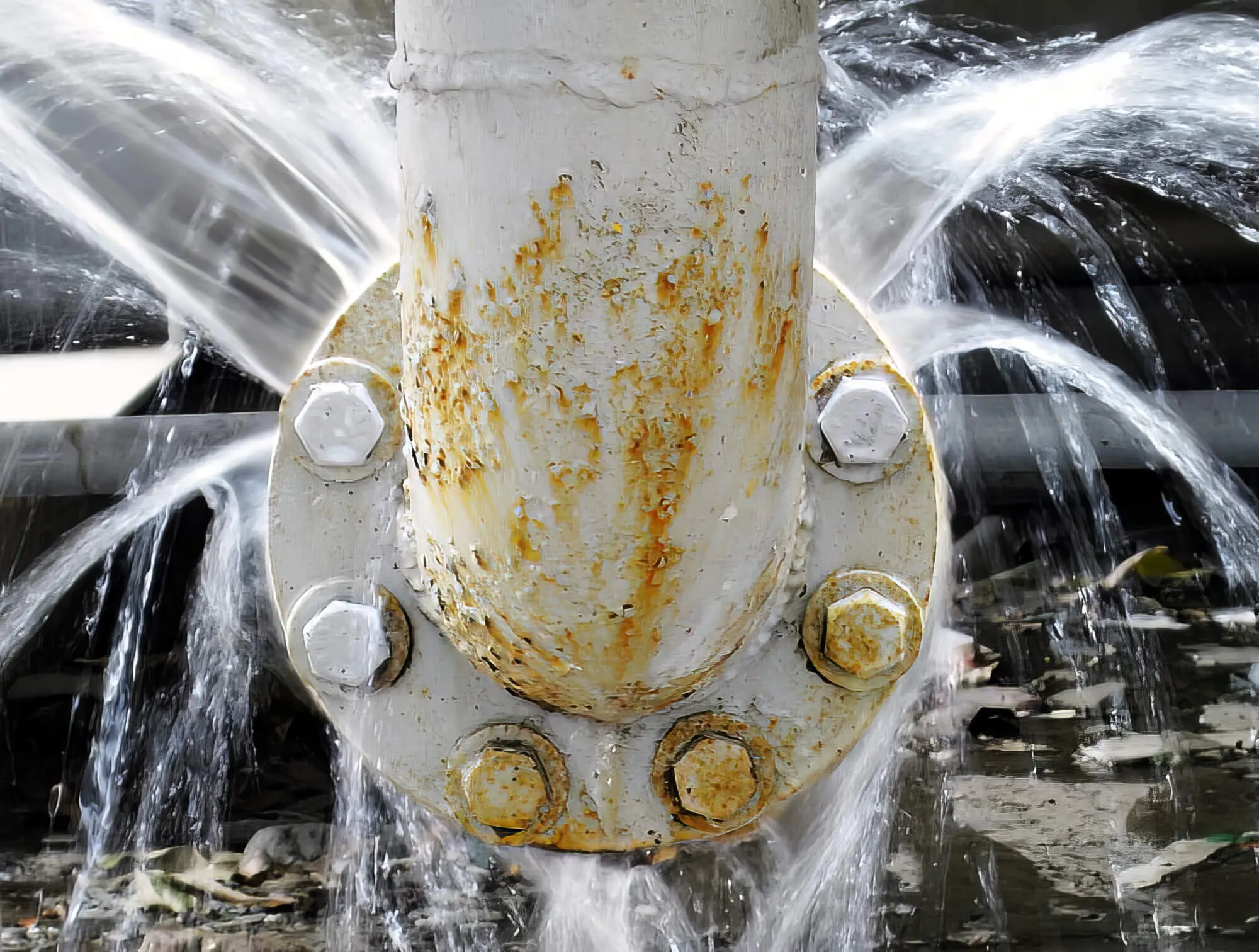How to Fix a Burst Pipe Yourself: A Step-by-Step Guide for Homeowners
How to Fix a Burst Pipe Yourself: A Step-by-Step Guide for Homeowners
Blog Article
Stopping Burst Piping: Crucial Tips to Safeguard Your Pipes
Avoiding ruptured pipelines is an essential problem for homeowners, particularly during cooler months when the danger of cold is increased. Applying calculated actions such as proper insulation, regular examinations, and preserving consistent interior temperatures can significantly decrease the likelihood of pipeline failing.
Understand Pipe Vulnerabilities
Comprehending pipe vulnerabilities is crucial for reliable plumbing upkeep and protecting against pricey damages. Numerous aspects add to the susceptibility of pipes to ruptureds, consisting of material make-up, age, and environmental conditions. Older pipelines, specifically those made from galvanized steel or polybutylene, typically deteriorate with time, causing increased danger of ruptures and leakages.
Temperature fluctuations can likewise substantially impact pipe stability. In chillier environments, water caught in pipes can freeze, broadening and putting in pressure on the pipe wall surfaces, which may inevitably cause a ruptured. High water stress can stress pipelines, specifically at joints and bends, heightening the possibility of failing.

Insulate Pipes Appropriately
Proper insulation of pipes is important for avoiding freezing and subsequent bursts during chilly weather (burst pipe). Shielding your plumbing system efficiently safeguards versus temperature goes down that can bring about costly damages. Begin by determining susceptible locations where pipelines are subjected to outdoor temperature levels, such as basements, attic rooms, and outside wall surfaces
Use foam pipeline insulation sleeves or wrap insulation tape around these locations to offer a safety obstacle. Ensure that all sections of the pipes, particularly those with limited warmth exposure, receive adequate insulation. Pay unique interest to fittings and joints, as these are extra at risk to cold.
When insulating, it's necessary to select materials that satisfy neighborhood building regulations and are proper for the details atmosphere. For instance, fiberglass insulation is frequently advised for its thermal resistance residential or commercial properties - burst pipe. Furthermore, take into consideration making use of warm cables or tape in severe conditions, which can be connected in to offer additional warmth
Consistently evaluate protected pipes for any kind of indications of wear or damages, as jeopardized insulation can lessen its efficiency. By taking these aggressive steps, you considerably reduce the danger of pipeline bursts, ensuring a trusted pipes system throughout the winter months.
Maintain Regular Temperature Level
A stable indoor temperature level is crucial for protecting against ruptured pipes throughout the frigid months. When temperatures drop, water within pipelines can freeze, increasing and creating pressure that might eventually create the pipelines to burst. To minimize this danger, house owners should maintain a constant temperature throughout their space, preferably no less than 55 ° F(13 ° C)Making use of a programmable thermostat can help manage indoor temperature levels successfully, making sure that areas with plumbing remain warm even when your home is vacant. Pay unique focus to areas that are much more vulnerable to cold, such as basements, attic rooms, and garages. Maintaining closet doors open under sinks can likewise enable warmer air from the home to circulate around plumbing.
This small flow of water can stop freezing by minimizing stress within the pipes. By applying these methods, home owners can significantly minimize the threat of pipeline bursts and protect their plumbing systems against the extreme winter season elements.
Regularly Evaluate Plumbing
Routine inspections of plumbing systems are vital for avoiding burst pipes and maintaining general home integrity. Routine checks permit home owners to recognize possible concerns before they escalate right into pricey repair services or significant water damages. During these assessments, it is necessary to examine noticeable pipes for indicators of deterioration, leaks, or wear. Pay unique attention to locations prone to freezing, such as basements, attic rooms, and outside walls.
Furthermore, inspecting joints and connections is important, as these factors are frequently susceptible to leaks. Property owners ought to additionally analyze water stress levels, as too much pressure can stress the pipes system and increase the risk of pipeline bursts.
Consider scheduling specialist plumbing examinations at least as soon as a year, especially before wintertime, to guarantee your system is prepared for cooler temperatures. By being positive in your method, you can safeguard your home versus the pricey and turbulent consequences of ruptured pipes.
Know Emergency Treatments
Recognizing emergency treatments is crucial for every homeowner, specifically after carrying out routine plumbing examinations. Being gotten ready for a plumbing emergency situation the original source can considerably minimize damage and conserve expenses. Situate your major water shut-off shutoff; it is usually found near the water meter or where the major line enters your home. Familiarize yourself with its procedure, as shutting down the water quickly can protect against extensive flooding.
Next, keep important devices useful. A pipes emergency situation set must consist of a wrench, plunger, and towels, in addition to a flashlight and a pail for small leaks. Furthermore, consider having the call details for a trusted plumber conveniently offered, ought to the situation escalate beyond your control.
If you find a leak or ruptured pipeline, instantly Check Out Your URL shut off the water system and alert your plumber. Document the damage with photographs for insurance objectives. Recognize the indications of prospective plumbing problems, such as uncommon water pressure fluctuations or damp areas on walls
Ultimately, proactive expertise and quick action are important in handling pipes emergencies, guaranteeing your home stays safeguarded and lessening prospective damages.

Conclusion
In final thought, avoiding burst pipes necessitates a complex technique that includes understanding pipeline susceptabilities, proper insulation, keeping constant indoor temperature levels, routine inspections, and expertise of emergency procedures. By applying these vital techniques, the risk of plumbing failings can be dramatically lowered, thus ensuring the long life and performance of the plumbing system. Aggressive procedures not only safeguard versus prospective damages but likewise contribute to total water preservation and the security of property.
In chillier climates, water entraped in pipes can ice up, increasing and applying pressure on the pipeline wall surfaces, which may ultimately lead to a ruptured. When temperatures decrease, water within pipelines can ice up, broadening and creating stress that might eventually cause the pipelines to burst. By executing these approaches, home owners can substantially reduce the threat of pipe bursts and secure their plumbing systems against the severe wintertime components.

Report this page